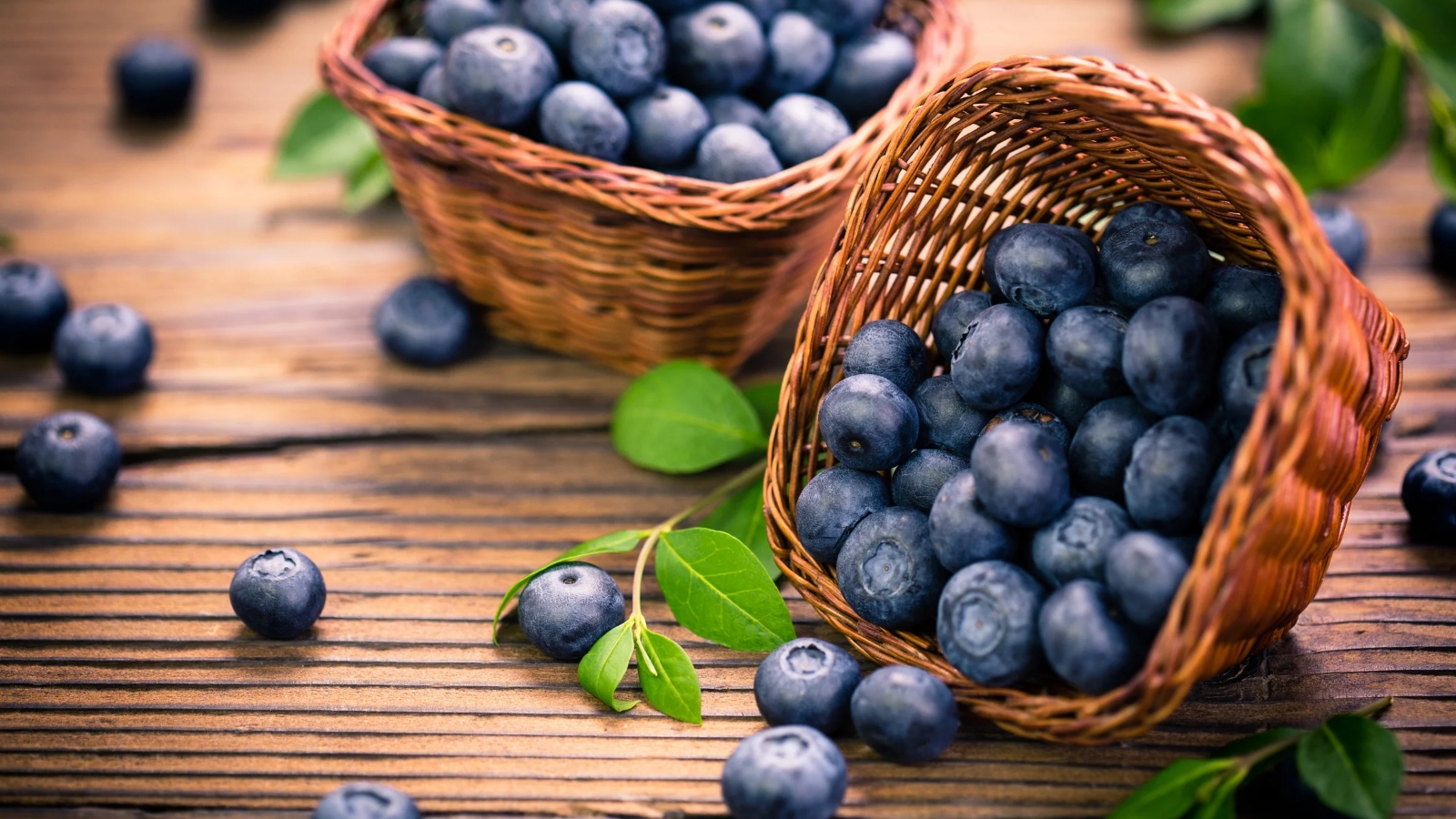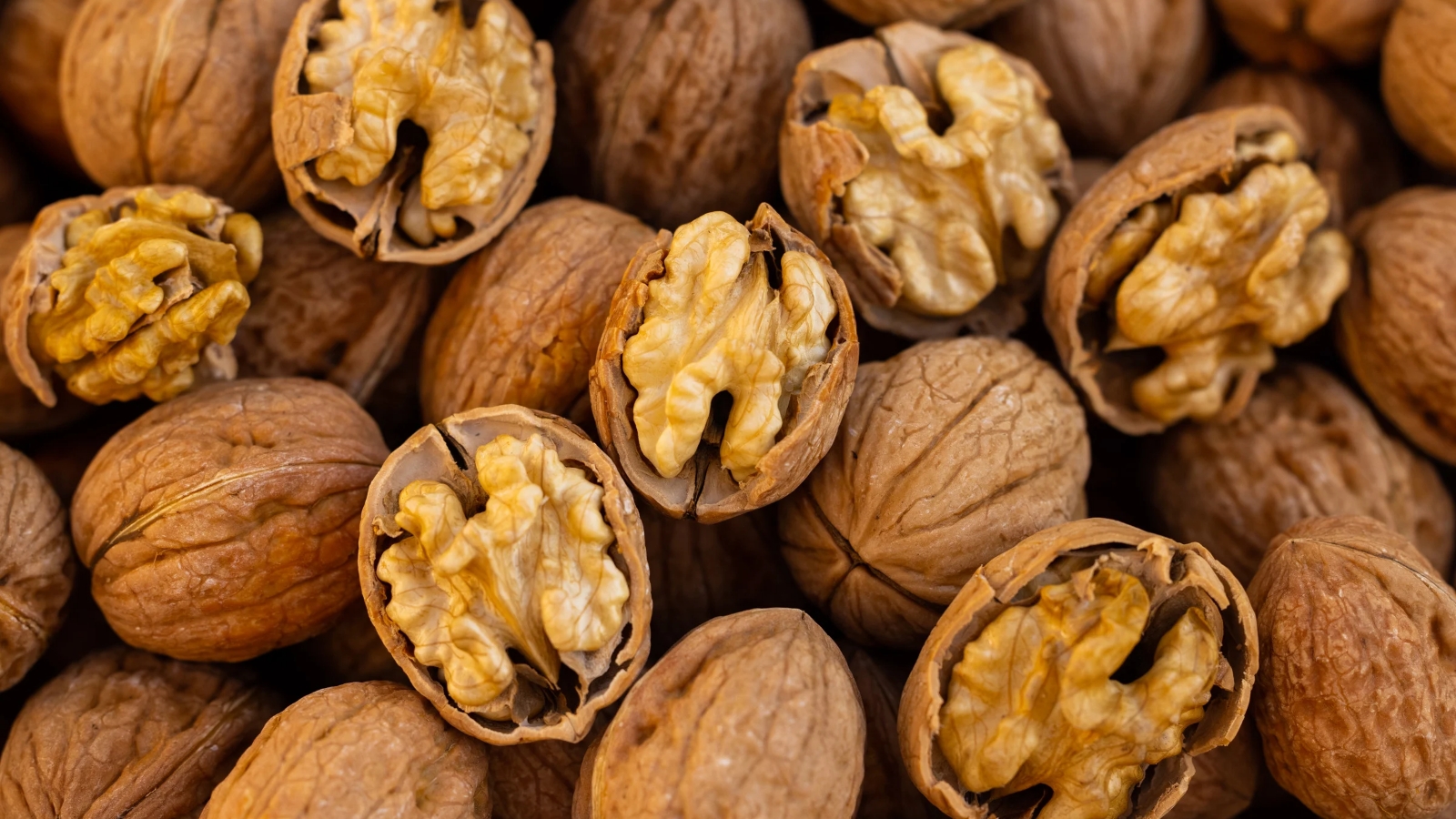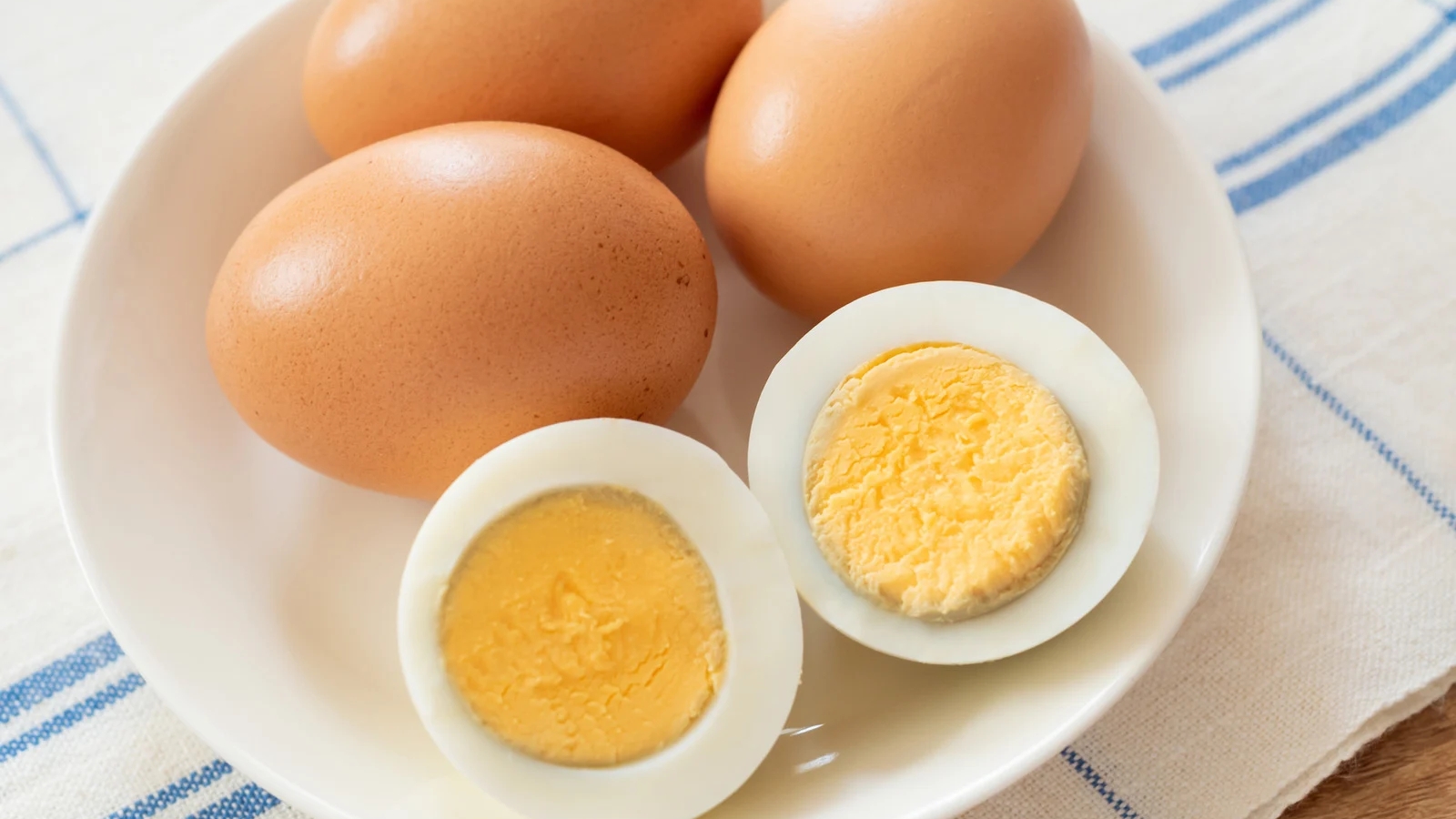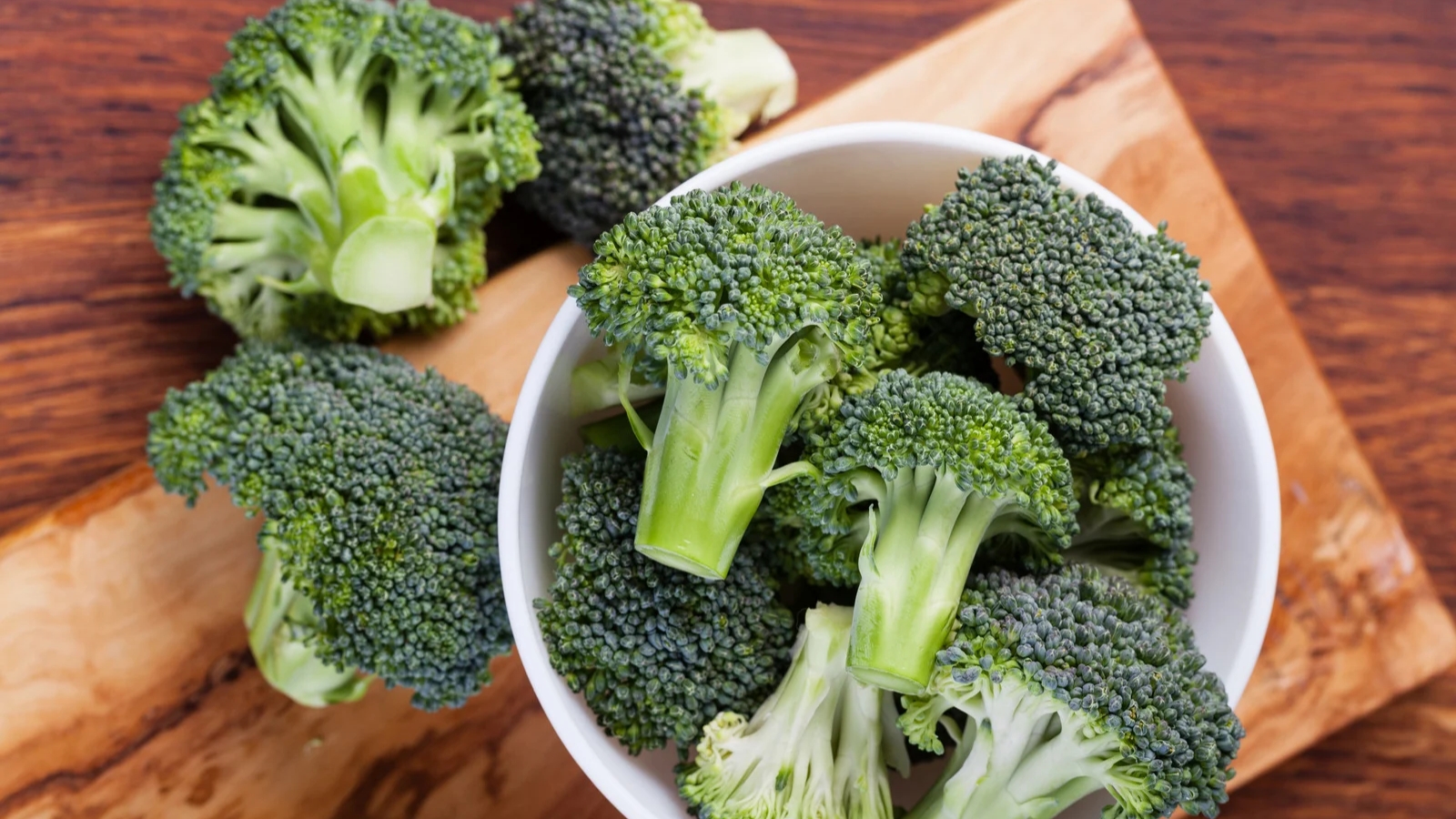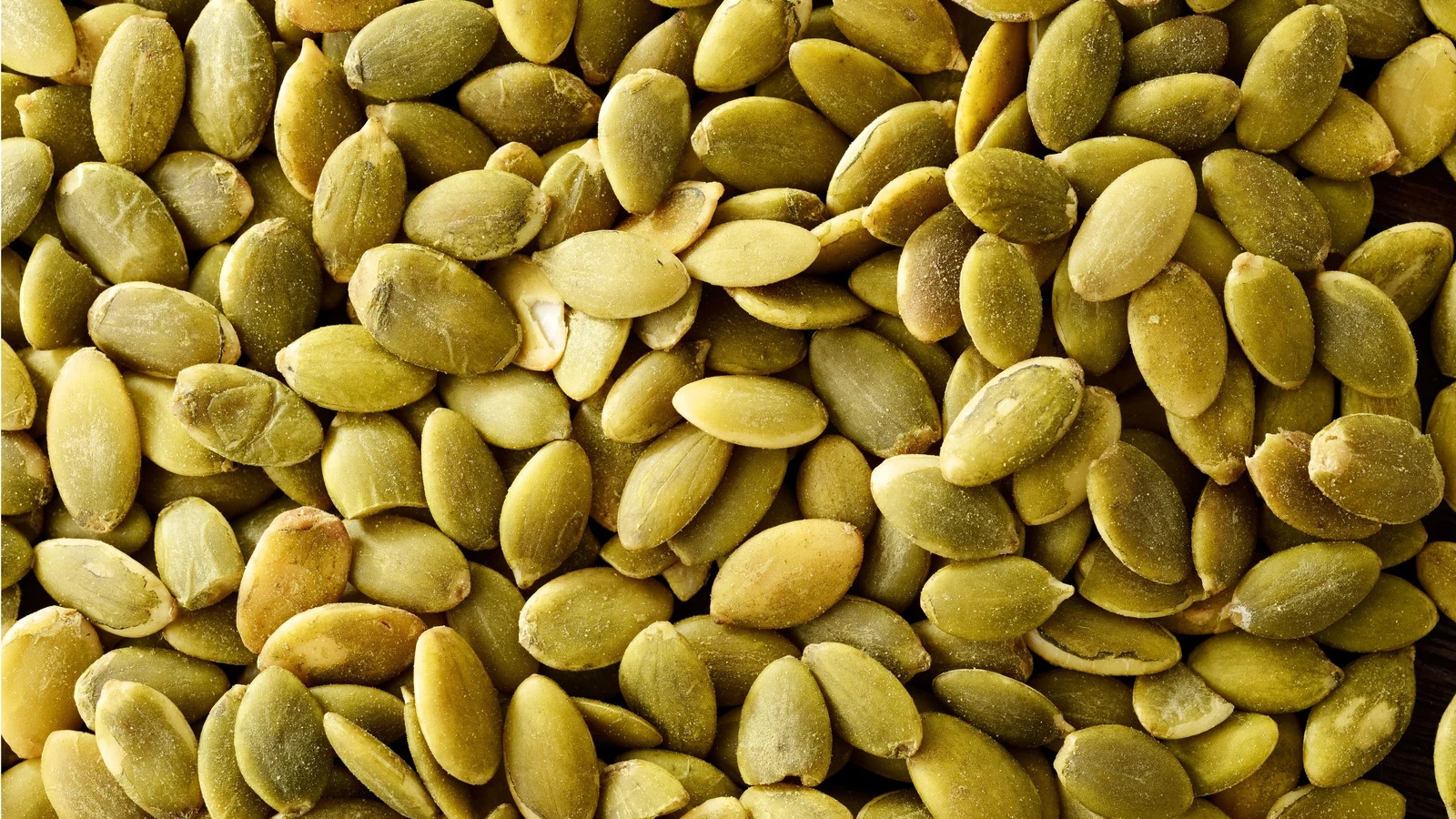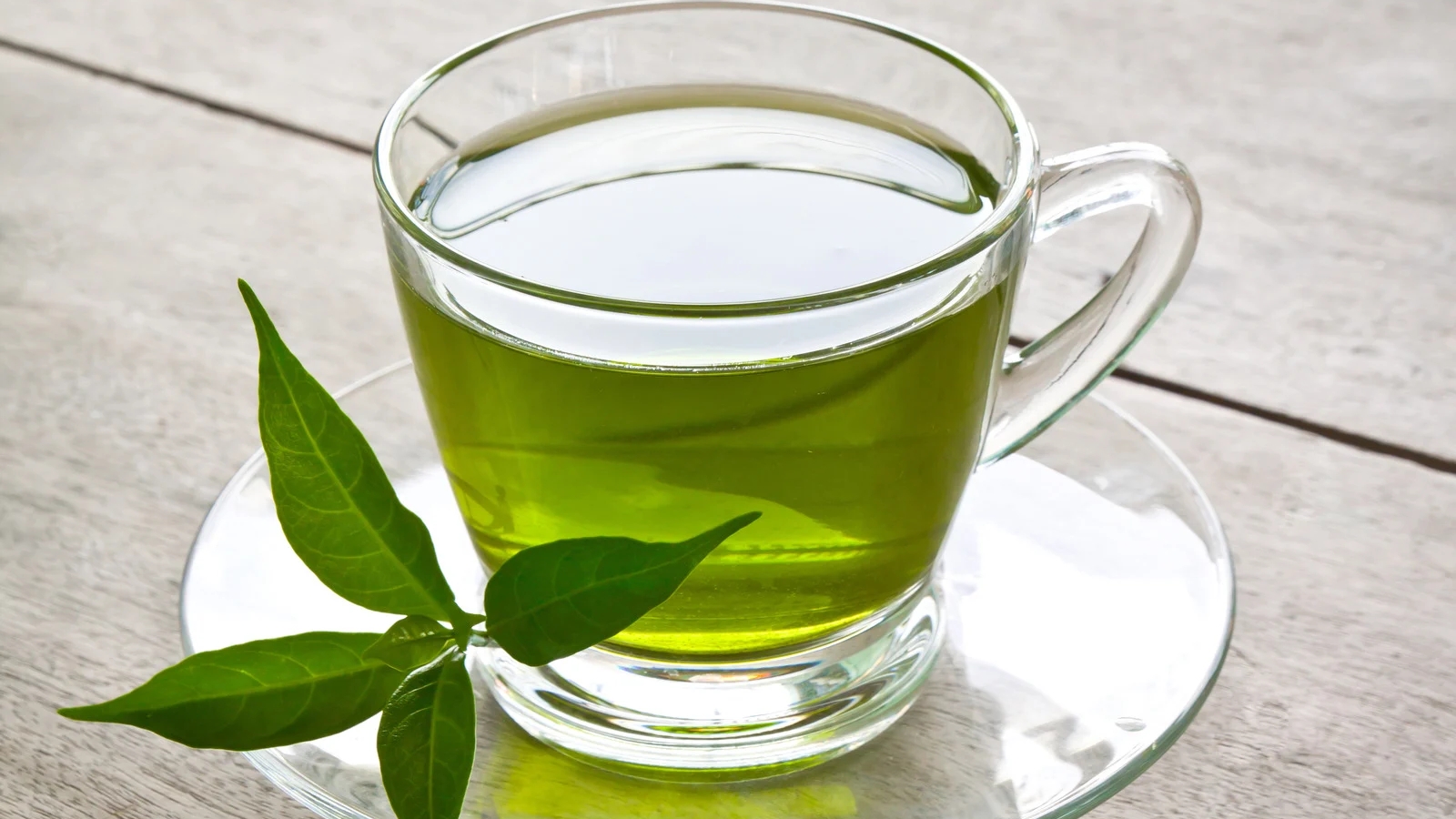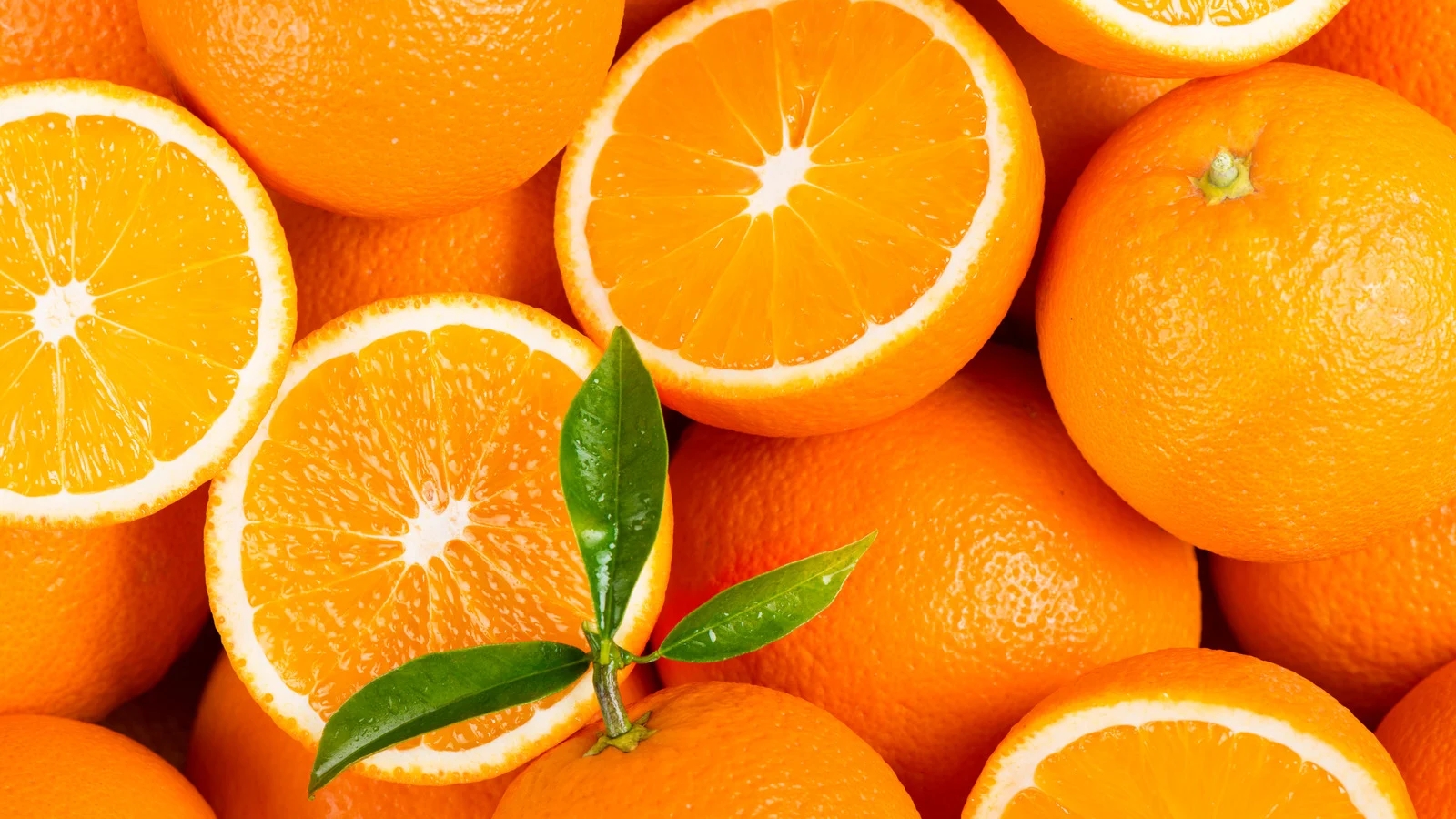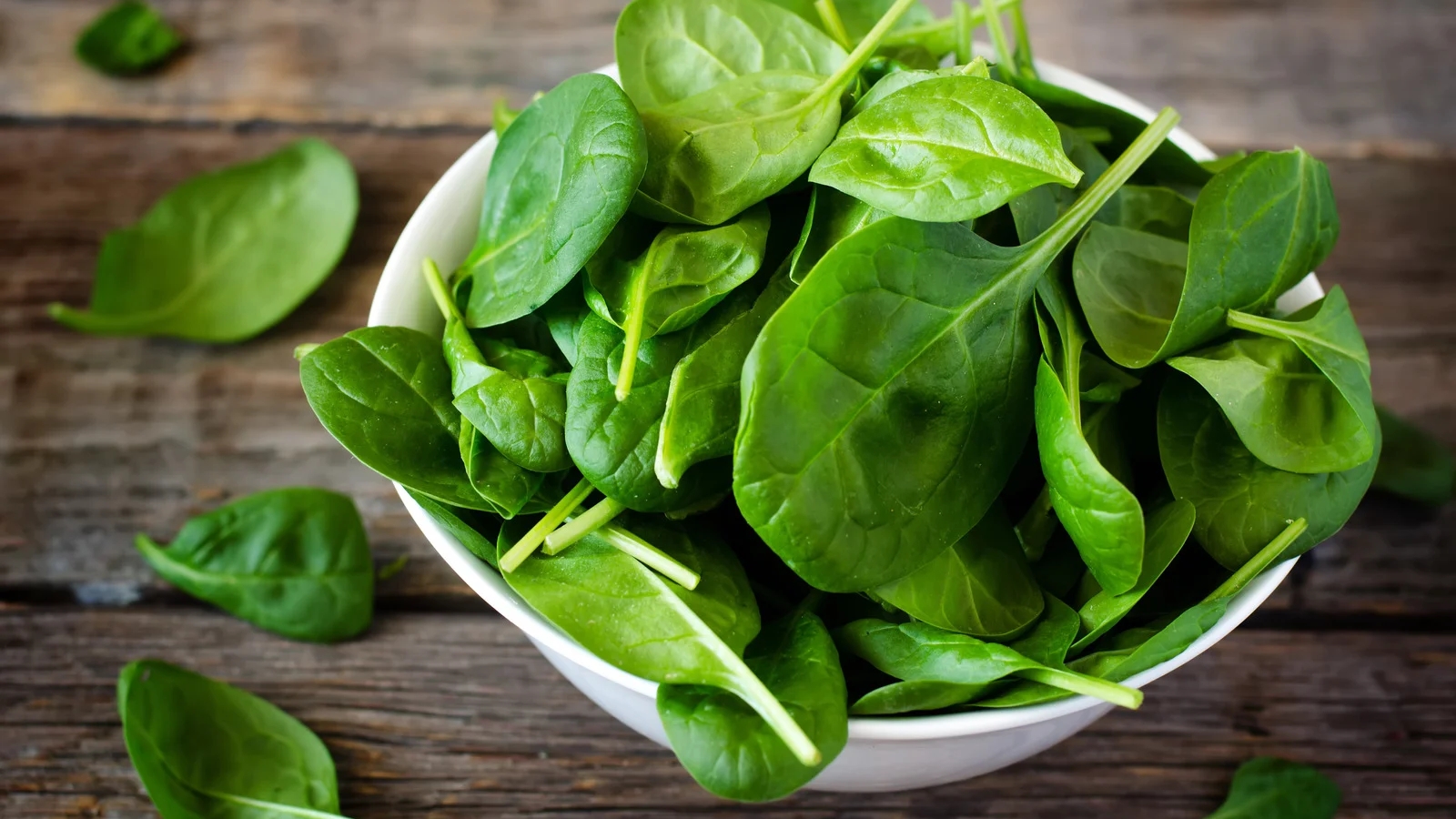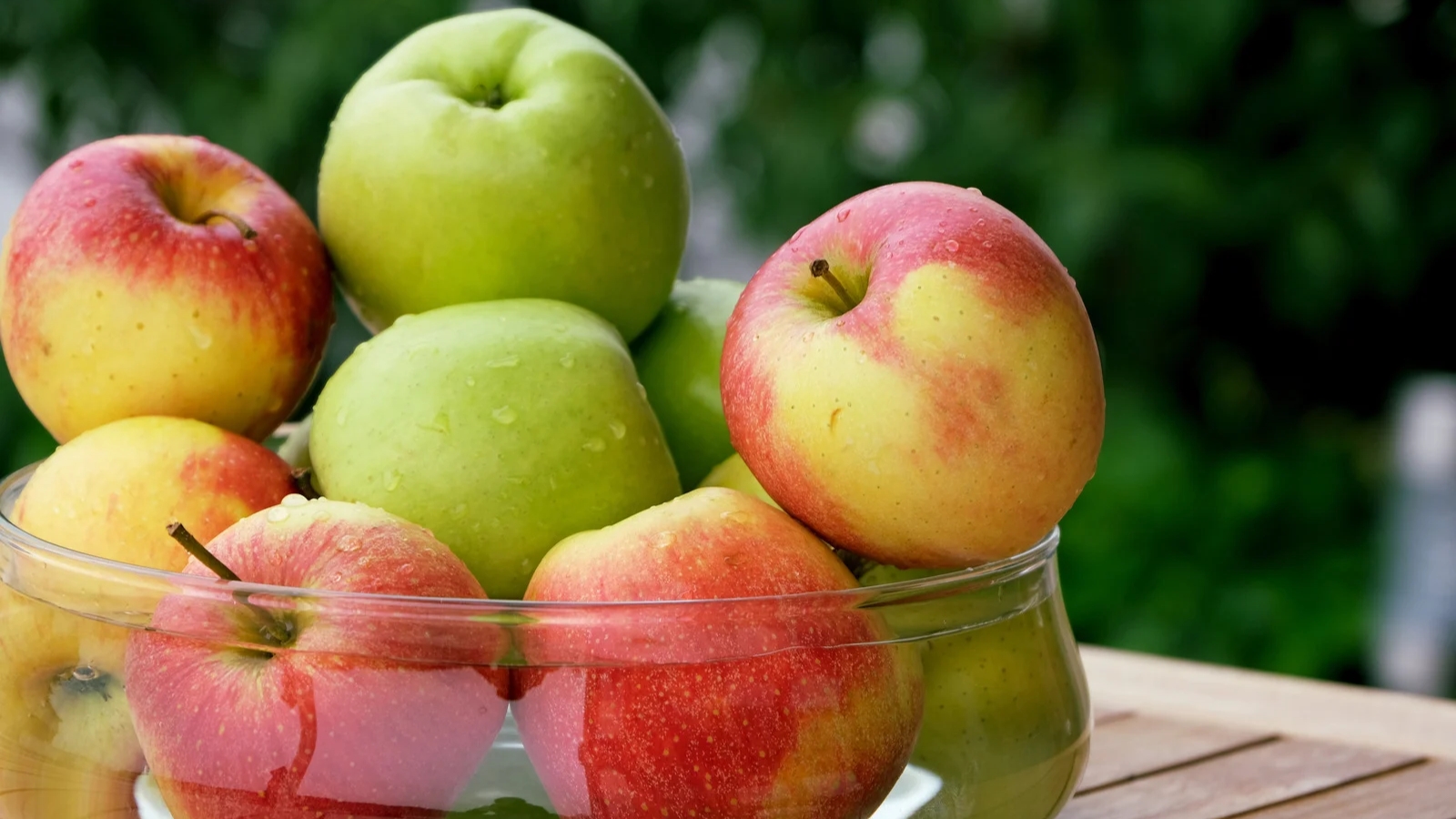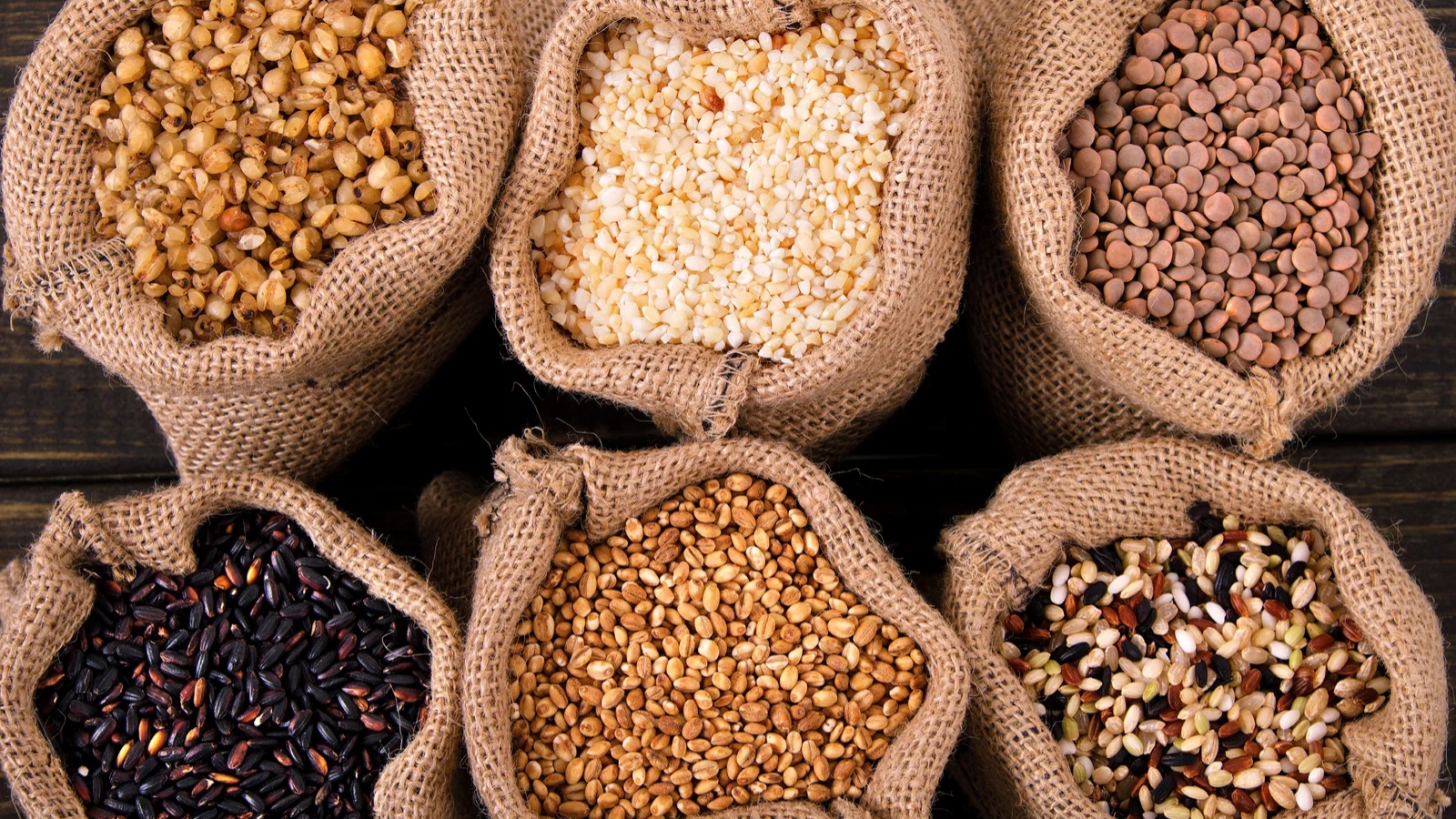Memory and focus are essential parts of your daily life. Whether you are studying, working, or managing tasks, your brain needs the proper nutrients to perform well. Certain foods contain compounds that support brain health and improve concentration.
This article explores 13 everyday foods that help improve memory and focus. Each section explains how these foods work and why you may want to include them in your diet.
1. Blueberries
Blueberries contain antioxidants that support brain cells. They reduce stress in the brain and improve communication between cells. Eating blueberries regularly may help sharpen your memory.
You can add them to yogurt, oatmeal, or smoothies. They are easy to include in your daily meals. Their natural sweetness also makes them a healthy snack.
2. Fatty Fish
Fatty fish like salmon, sardines, and mackerel are rich in omega-3 fatty acids. These fats play a key role in building brain cell membranes. They also support learning and memory.
Omega-3s are linked with slower mental decline. If you eat fatty fish two to three times a week, you give your brain steady support. For non-fish eaters, omega-3 supplements are an option.
3. Walnuts
Walnuts contain healthy fats, vitamins, and antioxidants. They support brain signaling and reduce inflammation. A handful of walnuts daily may boost your focus.
Walnuts also provide alpha-linolenic acid, a plant-based omega-3. This compound is linked to better brain performance. You can eat them raw or add them to salads and baked goods.
4. Eggs
Eggs provide nutrients like choline, vitamin B12, and folate. Choline helps produce acetylcholine, a neurotransmitter essential for memory. B vitamins support healthy brain function.
Eating eggs in the morning gives your brain a strong start for the day. Scrambled, boiled, or poached eggs are all effective ways to get these nutrients.
5. Dark Chocolate
Dark chocolate contains flavonoids that improve blood flow to the brain. Better circulation means more oxygen and nutrients reach brain cells. This helps you focus for more extended periods.
It also contains small amounts of caffeine, which provides a short-term boost in alertness. Choose chocolate with at least 70 percent cocoa for maximum benefit.
6. Broccoli
Broccoli is high in antioxidants and vitamin K. Vitamin K supports brain health by helping form certain fats in brain cells. Antioxidants reduce stress and protect brain tissue.
Eating broccoli as part of meals a few times a week may improve thinking skills. You can steam it, roast it, or add it to stir-fries.
7. Pumpkin Seeds
Pumpkin seeds are small but packed with nutrients. They contain magnesium, iron, zinc, and copper. These minerals support brain signaling and memory.
Magnesium helps with learning and stress control. Zinc supports communication between brain cells. Eating a small handful of pumpkin seeds makes a quick and effective snack.
8. Green Tea
Green tea has caffeine and L-theanine. The mix of these two compounds improves alertness and focus. Unlike coffee, green tea provides steady energy without sharp crashes.
It also contains antioxidants that protect your brain over time. Drinking one to two cups a day is enough to support mental performance.
Best Times to Drink Green Tea
- Morning to start the day alert
- Afternoon to stay focused without losing energy
- During study sessions for steady concentration
9. Oranges
Oranges are rich in vitamin C. This vitamin supports brain health by fighting cell damage. Vitamin C also plays a role in preventing cognitive decline.
Eating one medium orange provides your daily vitamin C needs. Fresh orange juice is another option, though whole fruits give you more fiber.
10. Spinach
Spinach provides lutein, folate, and beta carotene. These compounds support long-term brain health. Folate helps reduce mental fatigue and promotes clear thinking.
You can add spinach to salads, soups, or smoothies. Its mild flavor makes it easy to combine with other foods.
11. Coffee
Coffee contains caffeine and antioxidants. Caffeine blocks adenosine, a chemical that makes you feel tired. This helps you stay alert and focused.
Drinking coffee in moderate amounts improves attention and reaction time. Stick to one or two cups a day for steady benefits without jittery effects.
12. Apples
Apples contain quercetin, an antioxidant that supports brain cell protection. Eating apples helps reduce stress in the brain and promotes clear thinking.
They are also rich in fiber and water, making them a good snack for steady energy. Eating apples with the skin gives you the most nutrients.
13. Whole Grains
Whole grains like oats, brown rice, and whole wheat provide steady glucose. Your brain relies on glucose as its primary energy source. Slow-releasing carbs in entire grains prevent sudden drops in energy.
Including whole grains in your meals helps keep you mentally alert. Start your day with oatmeal or choose whole wheat bread to support brain performance.
Conclusion
The foods you eat affect how well your brain works every day. Blueberries, walnuts, eggs, and other nutrient-rich choices give your memory and focus a boost. These foods contain compounds that protect your brain and improve its function.
By incorporating these foods into your daily meals, you can create a diet that supports long-term mental health. Simple changes like choosing whole grains or eating an orange make a real difference. Eating with your brain in mind helps you stay sharp, focused, and ready for the day ahead.

